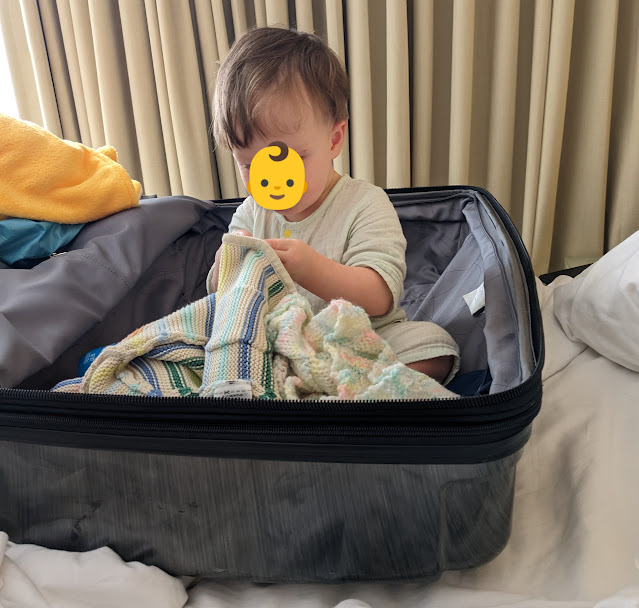
Have you ever heard of the book The Ugly American? I've never read it, but I've heard many references to it. As Wikipedia summarizes, "The book depicts the failures of the U.S. diplomatic corps, whose insensitivity to local language, culture, and customs and refusal to integrate were in marked contrast to the polished abilities of Eastern Bloc (primarily Soviet) diplomacy and led to Communist diplomatic success overseas." "Ugly American" is truly a shorthand for the most embarrassing behaviors and excesses of the United States' own abroad.
I think there is such a thing as an Ugly FSO (Foreign Service Officer), too. This person believes in a strict hierarchy with themselves at the top. They imagine Foreign Service Officers like themselves above Foreign Service Specialists, Civil Service members, contractors, and Eligible Family Member (EFM) employees. They see their cone as superior to other cones. The Ugly FSO screams at the General Services Officer, Facility Manager, Motorpool Dispatcher, Information Technology service provider, local guard, or Housing Board representative when they don't get their way. They expect the Consular section to intervene or assist beyond what is appropriate and allowed. They don't bother to learn how to take care of their ordinary administrative tasks and expect someone else, usually an Office Management Specialist or a locally employed (LE) staff colleague, to do it for them. They treat all local staff and junior-ranked Americans as their subordinates, even if they don't supervise anyone.
The Ugly FSO is only interested in their own professional development and advancement. They don't nominate others for awards but ask for (or even write) award nominations for themself. They do not take performance evaluations seriously, especially for Civil Service and local staff employees whose performance evaluation systems look different than their own. They kiss up and kick down because they know their own performance evaluation doesn't account for subordinates or peers. They try to avoid the office housework, busy work, notetaking, party planning, and any other unglamorous tasks but fully expect others to take on that workload instead. They expect others to organize happy hours, hails and farewells, offsites, and other morale boosters without their assistance. They arrive after set up and leave before clean up. In the case of receptions we host, they arrive and leave when they feel like it - knowing some of their colleagues will follow the rules we were taught in A-100 to show up early and stay until the last guest leaves.
The Ugly FSO cares more about their lifestyle and moving up the ladder than the places or people they supposedly serve. They do not take language training seriously, especially for single-country or non-European languages, and do not care about making local friends. The only non-Western local people they know are people they hire or work with at the U.S. embassy or consulate. When they leave each post, they have more to say about the food and the travel opportunities than the people. They try to explain aspects of the local culture they don't understand to people who know better and who don't alike. They believe the time they spent in a country justifies their prejudiced views or stereotypes about that country.
The vast majority of my colleagues aren't like this. But Ugly FSOs exist, and with enough time most of us will encounter at least one. Hopefully readers won't be as shocked as I was when I learned that even in our profession, one focused on service and diplomacy and building relationships, there's still a few corners of ugliness I can only hope will one day improve. My advice is make sure you don't become an Ugly FSO. And if you're unfortunate enough to encounter one, do everything you can to make up for the damage they do. Each positive counterexample makes a huge difference.








